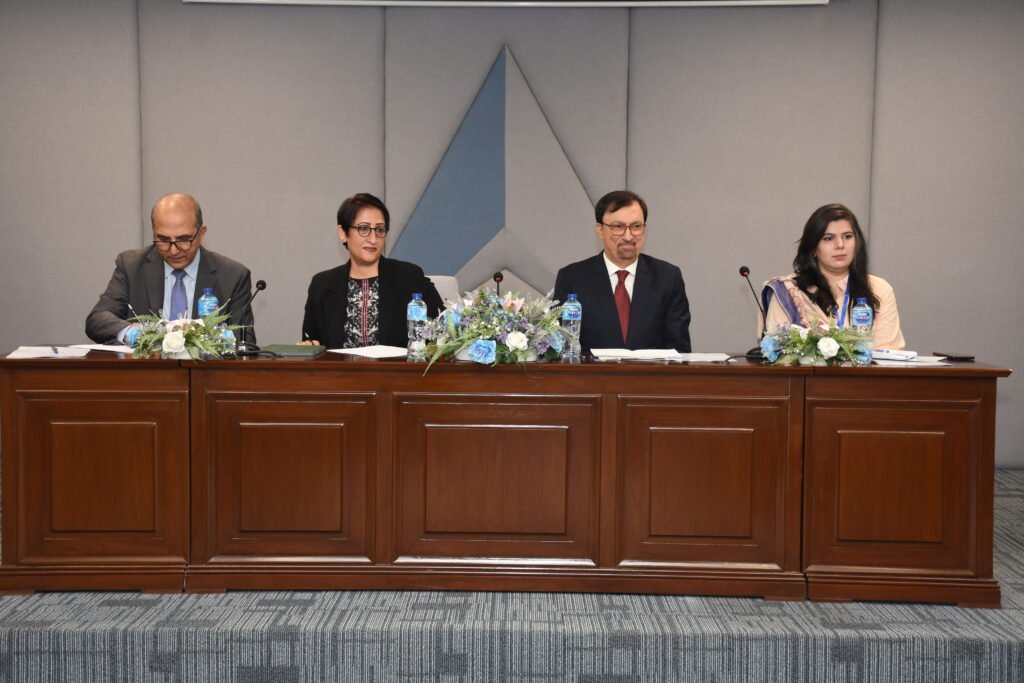
Seminar
India’s Emerging Global Significance: Reshaping Regional Dynamics and Strategic Equilibrium
Transformative changes in the global geo-political landscape are reshaping the way states interact on the international stage. The shift in the global polarity system has ushered in an era where nations are carving out distinctive positions as leaders within their specific spheres, and are motivated by dynamic alliances, multilateral groupings, military advancements, and strategic recalibrations.
Central to this transformative narrative is India, a nation that has swiftly emerged as a significant player, transcending the confines of the South Asian region. The global landscape is witnessing an aspiring India as a multifaceted phenomenon, encompassing strategic expertise, economic vitality, and diplomatic prowess. India’s active participation in influential international forums reflects its proactive approach to global collaboration. These engagements have positioned India as a significant player in shaping international policies, fostering partnerships, and advocating for global issues.
However, beneath the surface of this global collaboration, lie deep-rooted concerns. India’s advancements in military technologies, including hypersonic missiles, artificial intelligence, aerospace developments, cyber warfare, etc. are causes for concern not only in the South Asian region but also in the world at large. These technological leaps are blurring the lines between conventional and nuclear warfare, raising questions about the intent and implications of India’s military modernisation endeavours.
India’s regional and global aspirations, intricately woven into its military strategies, further complicate the regional security landscape. At the heart of India’s strategic calculus lies the perceived Chinese threat, which significantly shapes its defence doctrines and geopolitical manoeuvring. The delicate balance between regional dominance and global influence underscores India’s policies, influencing its behaviour with the neighbouring states. Understanding the nuances of India’s assertiveness requires a deep dive into its military postures, technological advancements, and diplomatic initiatives.
As India expands its influence and redefines its strategic priorities, neighbouring nations, particularly Pakistan, face the daunting task of adapting to this new reality. The interplay of regional dynamics, military postures, and diplomatic schemes requires a careful analysis to anticipate potential scenarios and formulate effective responses. South Asia, a region historically marred by tensions, is now navigating uncharted waters where strategic recalibrations and informed policy decisions are imperative. Balancing the pursuit of national interests with regional stability poses a formidable challenge.
Pakistan’s leadership must grapple with the urgent need to recalibrate its strategic policies in response to India’s assertive posturing. This includes not only enhancing military capabilities but also formulating nuanced diplomatic strategies to safeguard regional stability and national security interests.
Keeping these considerations in view, the seminar titled, “India’s Emerging Global Significance: Reshaping Regional Dynamics and Strategic Equilibrium” delved deeply into the complexities of this conundrum. The overarching objective was to gain strategic insights through interaction with experts in the field and to chart a set of actionable strategies as well as a tangible roadmap for Pakistan.
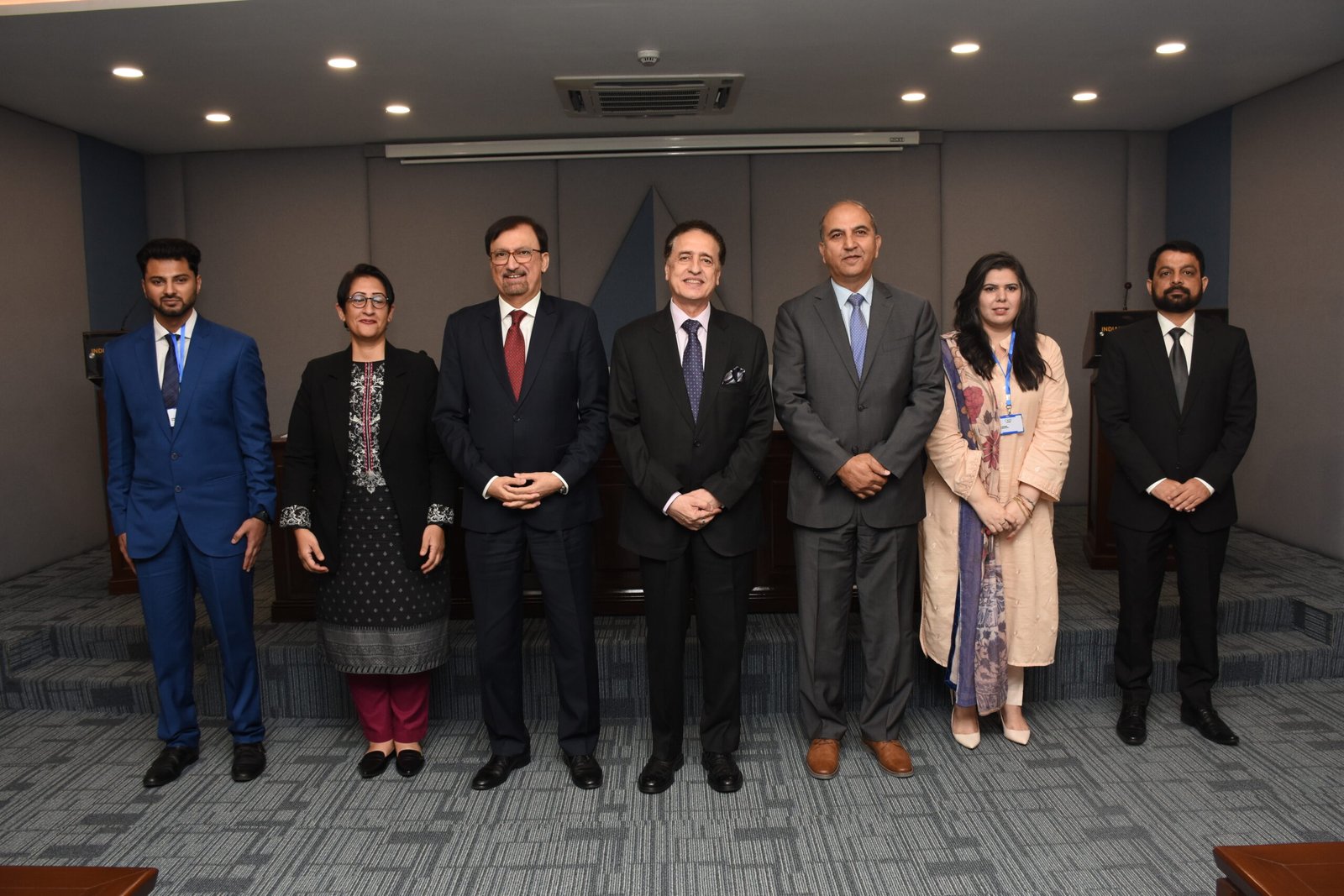
Key Takeaways
The seminar underscored the shifting global order from unipolarity to multipolarity, where both hard and soft power now shape international influence. India’s assertive rise—marked by narrative control, strategic alliances, and military advancements—has significantly altered South Asia’s security dynamics, positioning it as a counterweight to China and a key US partner in the Asia-Pacific. This assertiveness includes framing Pakistan negatively in global discourse, especially on terrorism. For Pakistan, these developments highlight the urgency of recalibrating security strategies, strengthening resilience against evolving threats, and pursuing geo-economic stability as a core component of its geopolitical approach.
Policy Considerations
The policy considerations highlight the importance of projecting a unified and positive national image, forging interest-based regional alliances, and leveraging emerging technologies to gain strategic and economic advantages. It is essential for Pakistan to develop a compelling counter-narrative to India’s global discourse, while prioritising multidimensional diplomacy centred on regional security, dialogue, and cooperation. Investment in academia, promotion of political stability through good governance, and the implementation of structural economic reforms are key to ensuring long-term resilience. Furthermore, advancing capabilities in cutting-edge fields will be critical for strengthening both civilian and defence sectors.
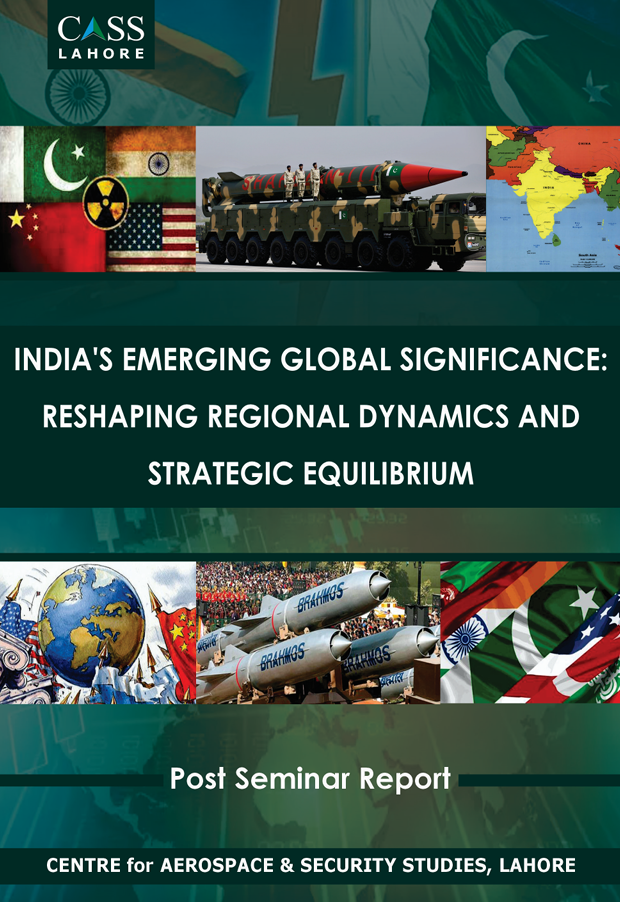
Post Event Report
A comprehensive overview featuring key insights, expert discussions, and strategic takeaways from the event.
Explore speaker highlights, recommendations, media coverage, and event photographs.
Guest Speakers
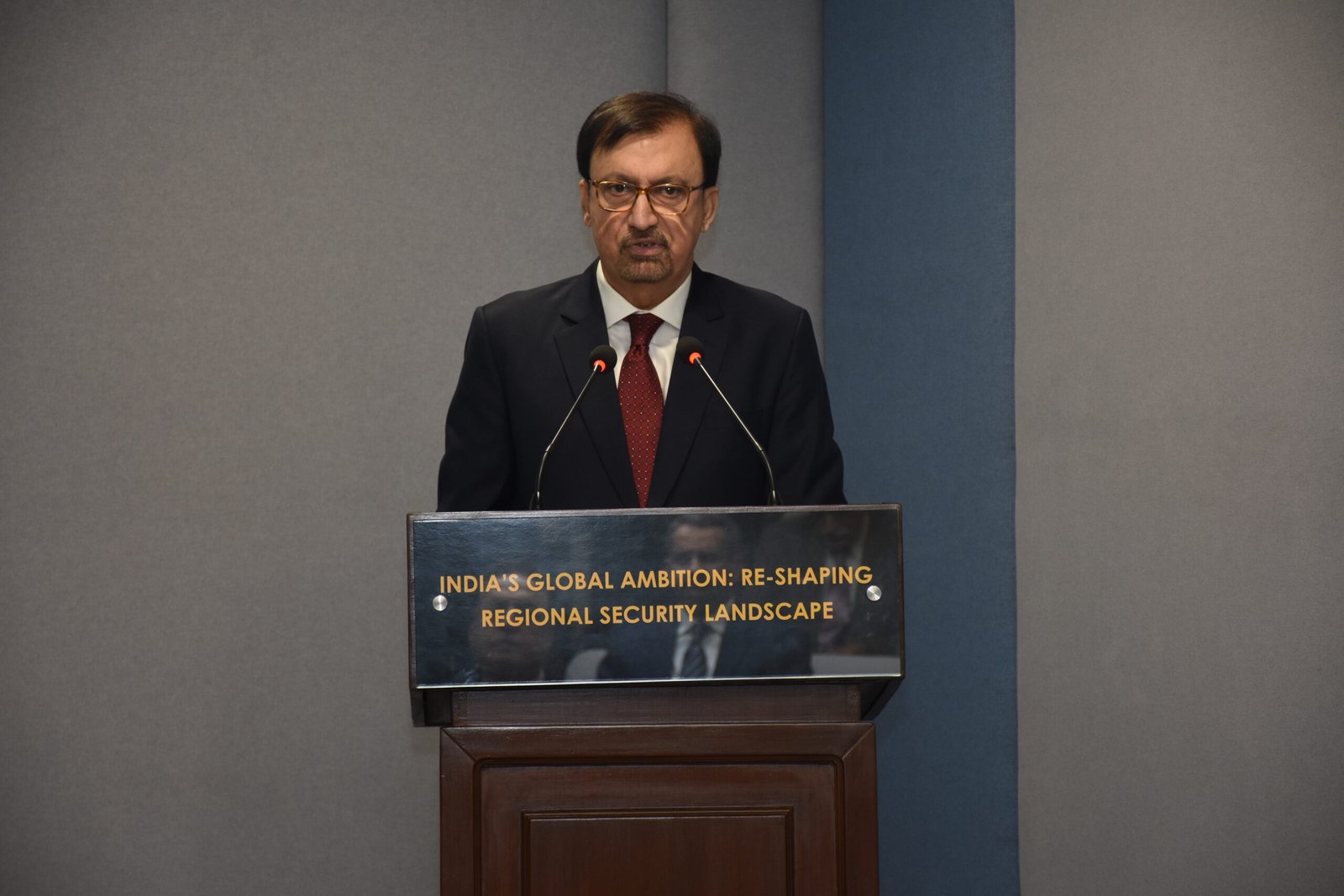
Air Cdre Khalid Banuri (Retd)
Former DG ACDA, SPD
Dr Rabia Akhtar
Dean Faculty of Social Sciences, UoL, Lahore
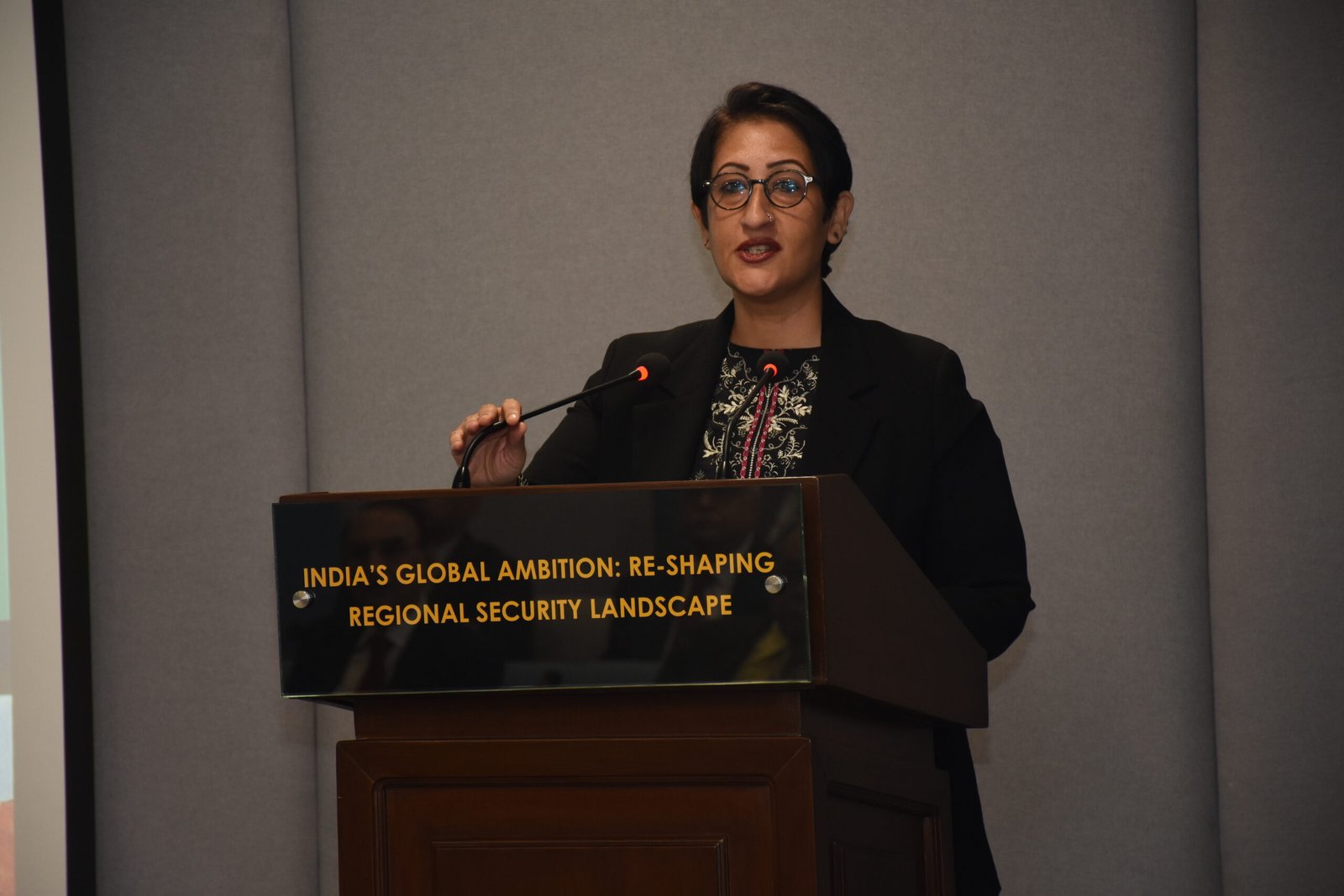
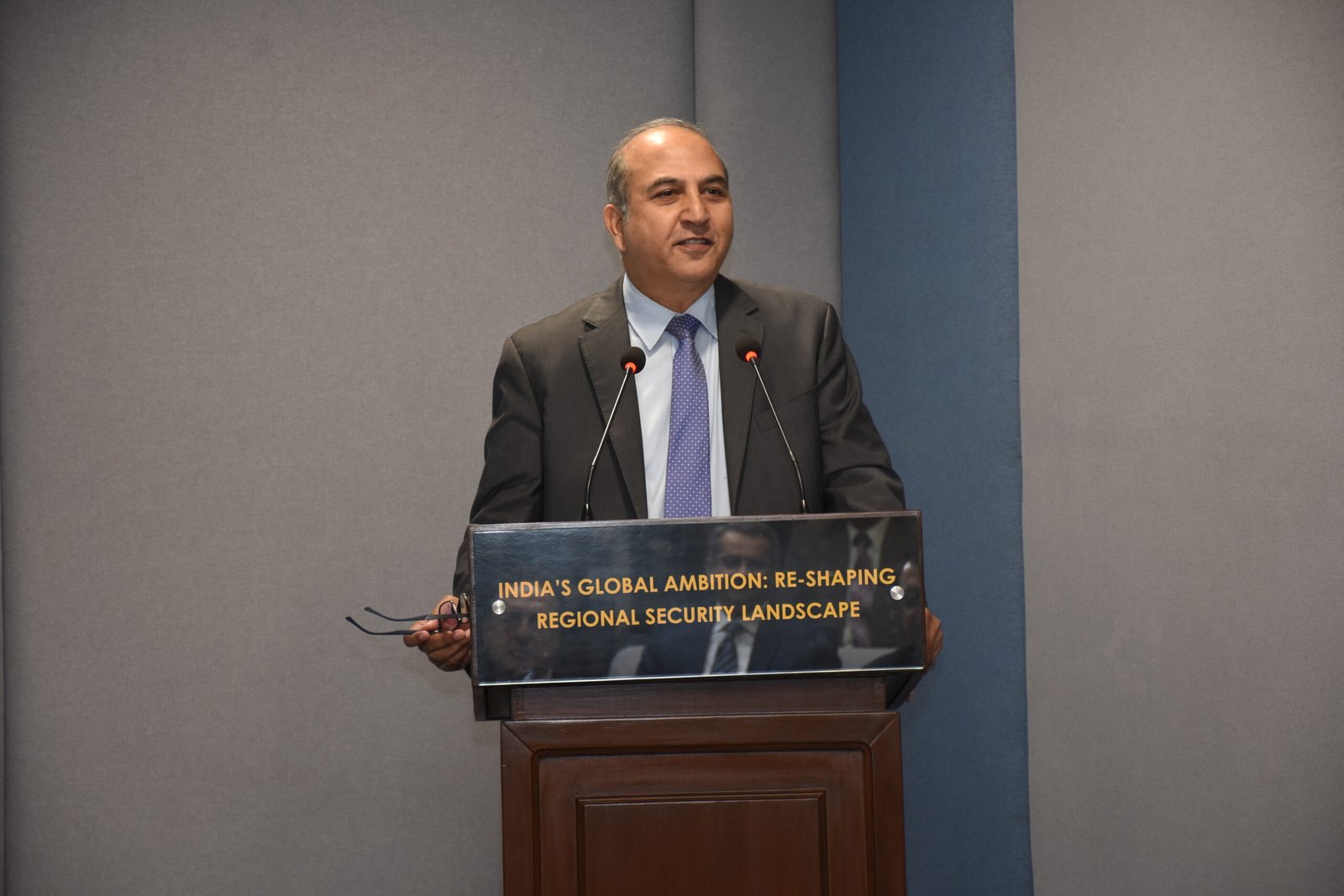
Dr Adil Sultan
Dean FASS, Air University, Islamabad
CASS Speakers
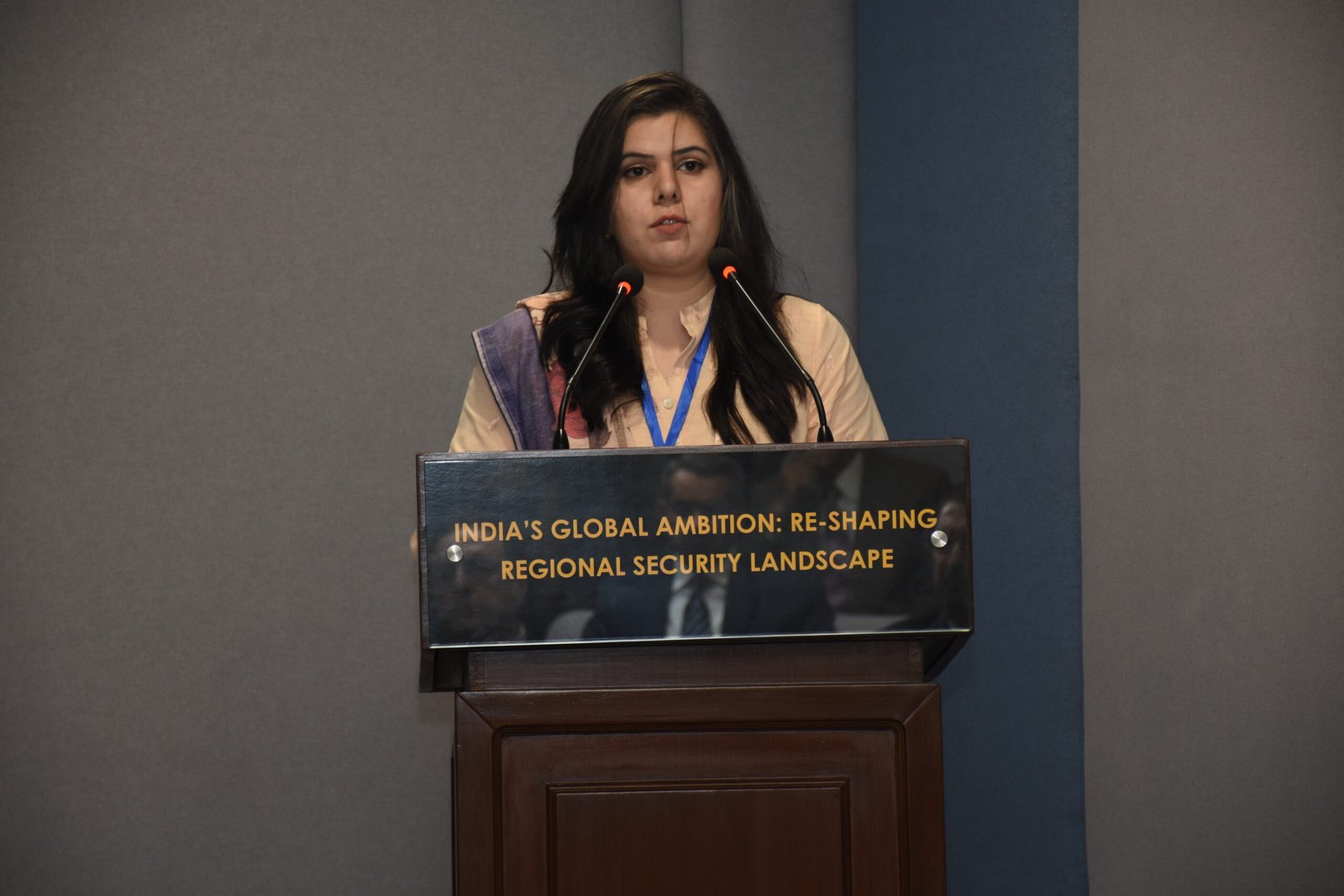
Nidaa Shahid
Senior Researcher, CASS, Lahore
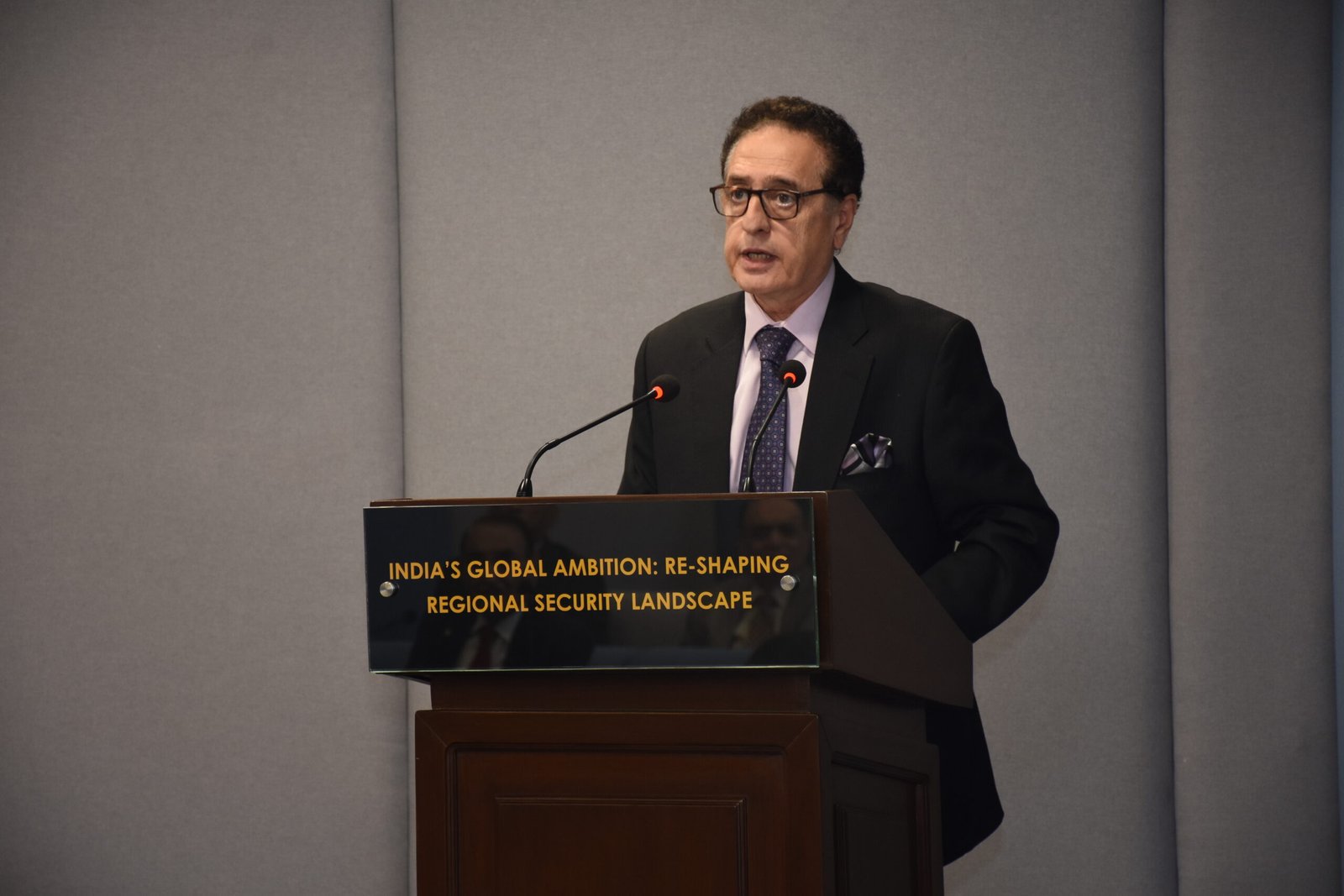
Air Marshal Asim Suleiman (Retd)
President, CASS, Lahore
Master of the Ceremony
Researcher
Mustafa Bilal
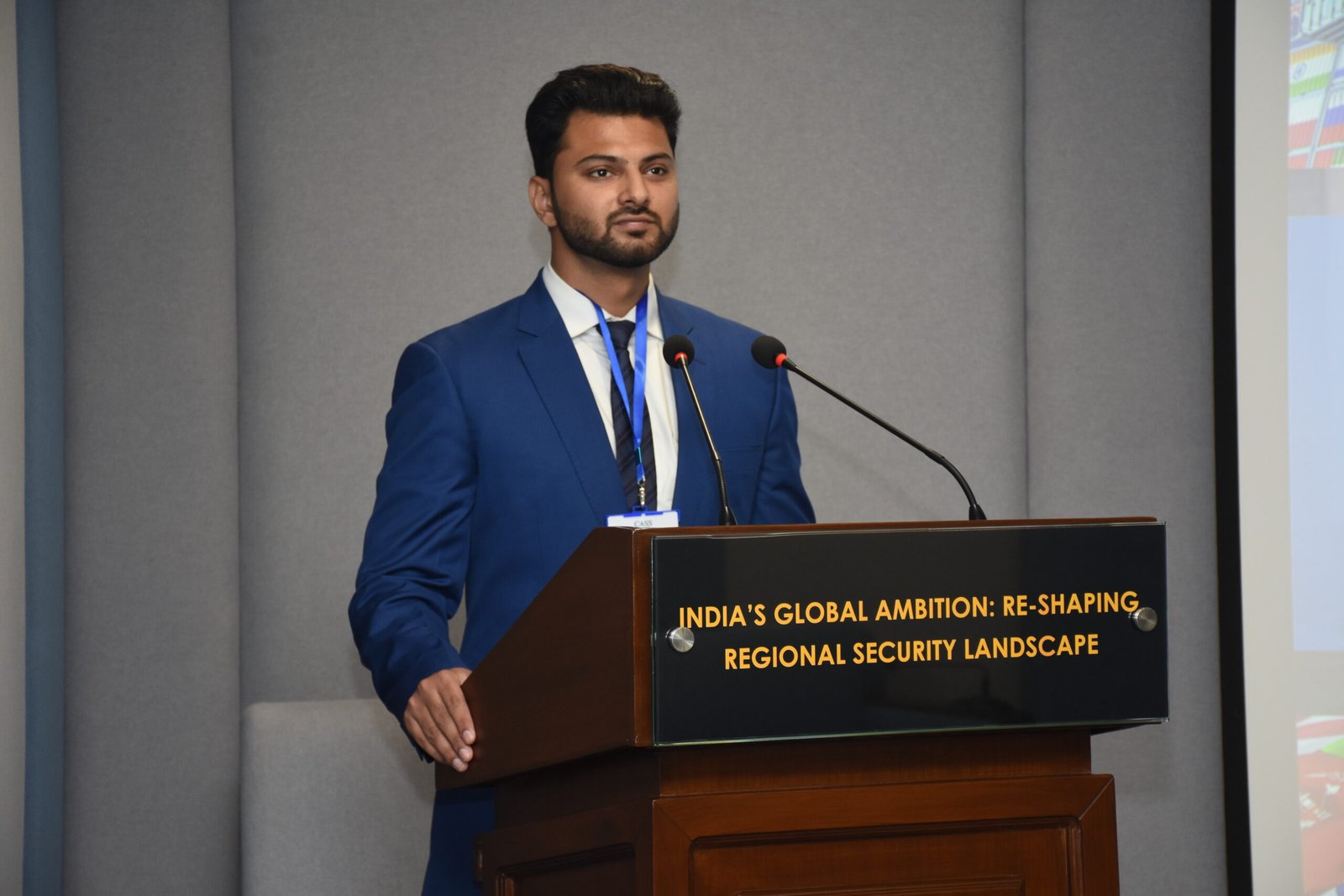
CASS LAhore

The Centre for Aerospace & Security Studies (CASS) was established in July 2021 to inform policymakers and the public about issues related to aerospace and security from an independent, non-partisan and future-centric analytical lens.


